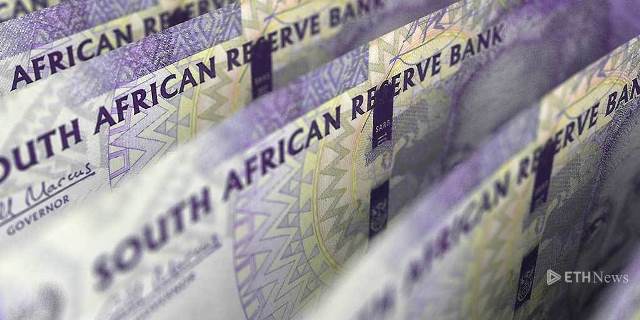Crypto exchanges and wallet providers would have to register with regulators under rules proposed by South Africa’s central bank.
In a consultation paper published Wednesday, the South African Reserve Bank (SARB) said that regulatory action on crypto assets needs to be prioritized to protect consumers and investors, stating that consumers “are left vulnerable as sellers of crypto assets are not regulated.”
Discussing the possible regulatory approaches that could be taken, and citing the “reputational risk” that is faced if mistakes are made, the central bank proposes walking a middle line between doing nothing and stringent regulation or a ban – a level of oversight it describes as “limited regulation.”
“At this proposed level, an official body places specific requirements on providers of certain services in respect of crypto assets, without setting predefined conditions for formal authorisation to provide crypto assets-related products or services,” SARB says.
As such, the bank suggests that a “useful starting point” for regulating the space would be the introduction of a registration scheme for crypto asset service providers such as exchanges and wallet providers.
It would follow that with a review of existing rules and how they can be applied to crypto assets, with possible amendments or new rules to follow, and finally a review of the regulatory actions implemented at that point.
“The phased approach, starting with the registration requirement, could lead to formal authorization and designation as a registered/licensed provider for crypto asset services operating in South Africa at a later stage,” SARB states.
The central bank also recommended that crypto assets should remain without legal tender status and should not be recognized as electronic money in its proposal.
A detailed process for registration is expected to be issued and implemented by the first quarter of 2019. Registered crypto entities would also need to report suspicious and unusual cash transactions of 25,000 South African rand (or $1,820) and above, according to the proposed rules.
The central bank’s consultation paper is a joint effort with the Intergovernmental Fintech Working Group (IFWG), consisting of several South African regulatory authorities, and is open for public comment until Feb. 15.
Back in April, the South African Revenue Service, the country’s tax agency, said that normal tax rules are applicable to crypto earnings – that is, they may be treated under standard income tax rules, but may be liable for capital gains tax in some cases.












